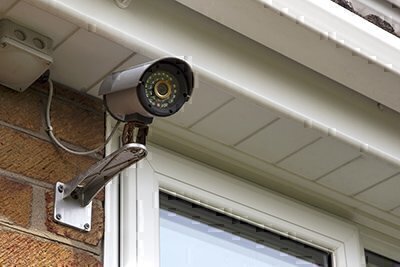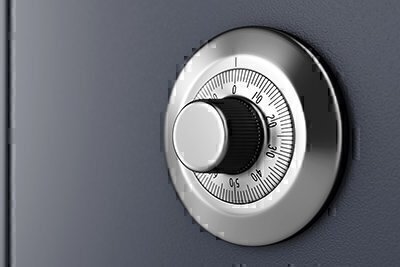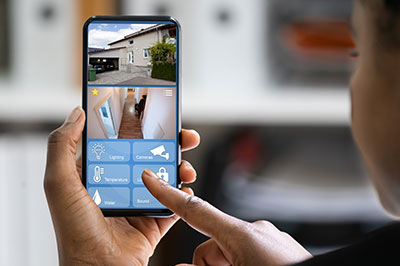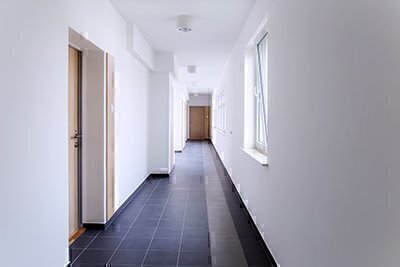In addition to remote- and voice-controllable lights, blinds, grocery delivery orders, and reminders, the internet of things has brought us dozens of new home security gadgets ranging from doorbell cameras to full-house alarm systems. The outfits pushing you to buy their security stuff range from cable TV operators to cellphone networks to mega-tech giants like Amazon and Google to scads of device manufacturers and startups. Now, instead of paying a home security firm thousands of dollars to install a system and then more than $500 per year to monitor it, you can set up your own rudimentary protections for less than $200 and monitor it yourself using a smartphone for free.
But because there’s limited evidence that these gadgets actually deter crime, before buying anything take simple steps to improve your abode’s overall security. Because most burglars enter homes simply by opening unlocked doors or windows—or quickly breaching poorly secured ones—the best way to thwart them is to install good locks on doors and accessible windows and get in the habit of using them. Our ratings of local locksmiths can help with that.
Because most burglars enter homes by simply opening unlocked doors or windows—or pushing and kicking locked ones until they open—even the most basic protective measures will improve your security. Several ways of shoring up your home are more effective—and much cheaper—than alarm systems.
Increased availability of home security devices and services means lower prices. Instead of buying a professionally installed system for $2,000 or more and paying $500 or more each year for monitoring, for $200 or less you can assemble a basic DIY system and then pay as little as $100 per year to have it monitored—or nothing at all if you monitor it yourself.
While there’s some evidence that home security devices might deter burglars, they may not be worth the cost if:
- You live in a low-crime neighborhood.
- Your house is well-secured physically (with locks and other measures).
- Someone is almost always at home.
- Your neighbors keep an eye on your house and will call the police if they notice anything suspicious.
- You possess little of substantial value that could be stolen and have good insurance coverage.
- Children, houseguests, or others are likely to frequently trigger false alarms.
- The hassle of setting the alarm and avoiding false alarms would deter you from using it regularly.
If you go with a professionally installed system, it’s vital to choose a good company to ensure that your system is effective, convenient, and unobtrusive; minimizes false alarms; and controls costs. Our Ratings Tables report customer reviews of area alarm installation companies.
Have several companies come to your home to propose systems and quote prices. Some will be much better than others at designing a solution that meets your needs at a reasonable price. Even for the same basic setup, you will find substantial price differences.
Read the contract before you sign. Some companies make it very difficult for customers to switch monitoring services by refusing to provide programming codes or to reset systems to their default modes. Choose a company willing to contractually agree to provide you with programming codes.








